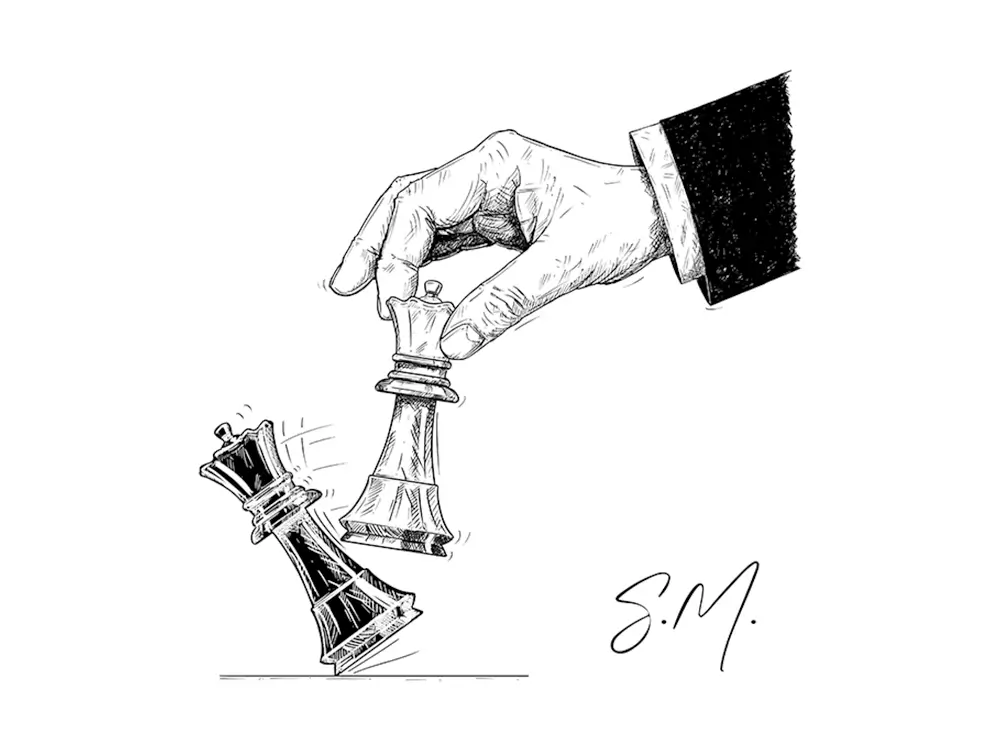Address
304 North Cardinal St.
Dorchester Center, MA 02124
Work Hours
Monday to Friday: 7AM - 7PM
Weekend: 10AM - 5PM
Address
304 North Cardinal St.
Dorchester Center, MA 02124
Work Hours
Monday to Friday: 7AM - 7PM
Weekend: 10AM - 5PM

I am writing this blog for those of you who have been diagnosed with MOGAD and are still trying to navigate the unknown.
Everything began in early January 2023 — or maybe even a month or two earlier, with signs I didn’t recognize at the time: intense headaches, chills, shivering, and fatigue. I thought it was just a common cold and took nearly two full courses of antibiotics. At first, it helped. But a week later, the pain came back even stronger. I was putting ice packs on my head just to make it bearable.
Then on January 26, I felt numbness in the soles of my feet. That was the first real warning sign.
I had just started a new job and didn’t want to take time off. I knew nothing about the UK healthcare system, so I waited. Four days. By then, the numbness had spread up to my waist. It felt like my skin was under the influence of morphine — detached, dull. Breathing became harder, and my heart started racing. I had no choice but to go to the emergency room.
Because I looked “normal,” they didn’t take me seriously. With no doctor available, I sat in the waiting room for 16 hours, trying not to collapse. Eventually, I was sent for an MRI. The results were far from normal — my entire body showed signs of active inflammation. A lumbar puncture followed. They gave me high-dose steroids — 3 grams over 3 nights — to reduce the inflammation.
Later I found out that, in some patients, high-dose steroids can actually trigger a flare. It did in me.
They told me it was “early-stage MS” and tried to discharge me on Day 6. But I could barely move. The numbness had spread from my skin to my muscles. I was dragging my legs out of the hospital I had walked into just days earlier.
I didn’t tell my family. Every time they called, I hit “decline” or made excuses about work. I’ve always been the kind of person who helps others, but never asks for help. I have a high pain threshold — yet finally, I told my family, “I’m not okay.” And for them, that was a red flag.
Suddenly, top professors and hospital directors in Turkey were reaching out to me, offering to help. I’m incredibly grateful. But I didn’t want to take someone else’s place, and they said I would have to stay in Turkey for a month. I also had projects at work that I felt responsible for. That’s why I chose a private hospital known for its fast check-up process.
Important lesson: Never share one hospital’s diagnosis or opinion with another doctor before they’ve had the chance to make their own evaluation. I did, and it affected the process. A luxury private hospital, seeing the previous notes, simply repeated “early MS” and sent me away — with another 1 gram of steroids. Again, I got worse.
It was no longer about fighting a disease.
It was about fighting to stay alive.
I spent two days a week at the hospital, waiting at least 6 hours each time, after full workdays. I even reviewed all my tests again, including MRI and blood results, and researched them myself. Based on what I saw and what I asked AI tools like ChatGPT, it looked more like a demyelinating disease related to anti-MOG — not MS. Possibly something even more serious.
Some sources said there was a 70% chance of disability within 5 years for untreated patients. I didn’t want to believe it.
Finally, in May, I was given a proper appointment. But I don’t even know when my diagnosis was officially made.
When I went to the clinic reception, they sent me to another desk. That desk told me to sit and wait. After 45 minutes, I asked again — and was told, “We forgot to register your name.” The doctor had already moved on. They rescheduled me — for one month later.
So there I was — brain inflammation still active, still untreated, not even knowing what I had — now told to survive another month without any medication. Considering that the drugs used in treatment don’t even begin to show results for at least 3 months, you can imagine what I was feeling.
Eventually, I was told I had MOG Antibody-Associated Disease (MOGAD). But by that time, I wasn’t even shocked. Just… sad.
And that’s when I realized:
Early diagnosis is important — but early treatment is even more important.
⸻
I still don’t know if what I went through was a mistake or just how things normally are for people with rare diseases. But I hope by sharing this, someone out there feels a little less alone.
You’re not imagining things.
You’re not weak.
And you’re definitely not alone.